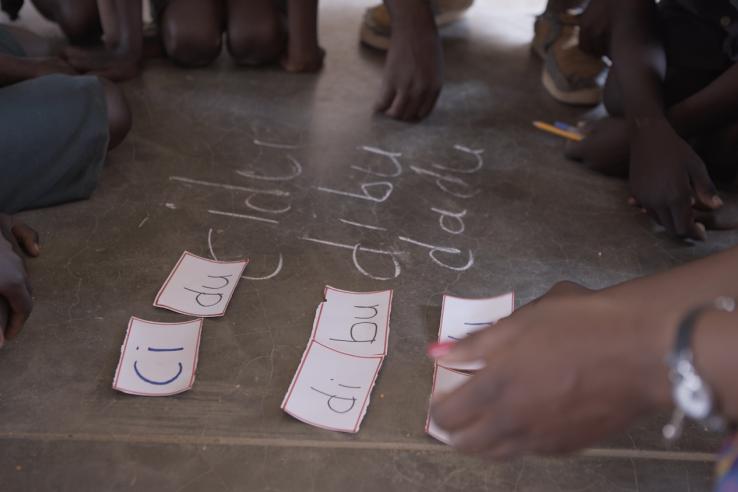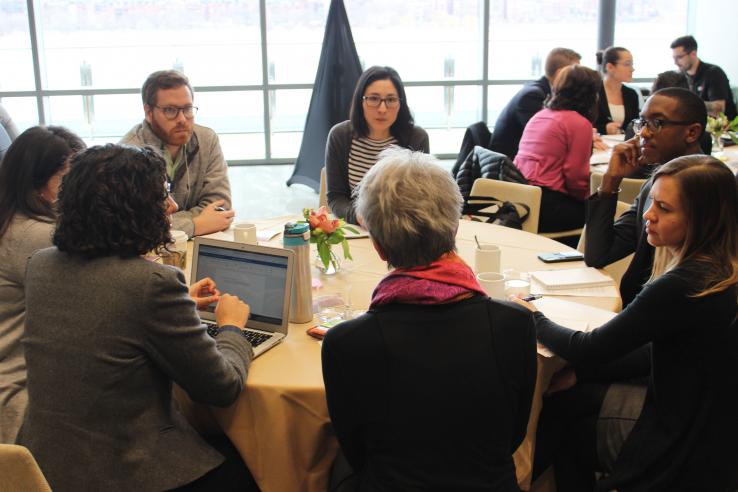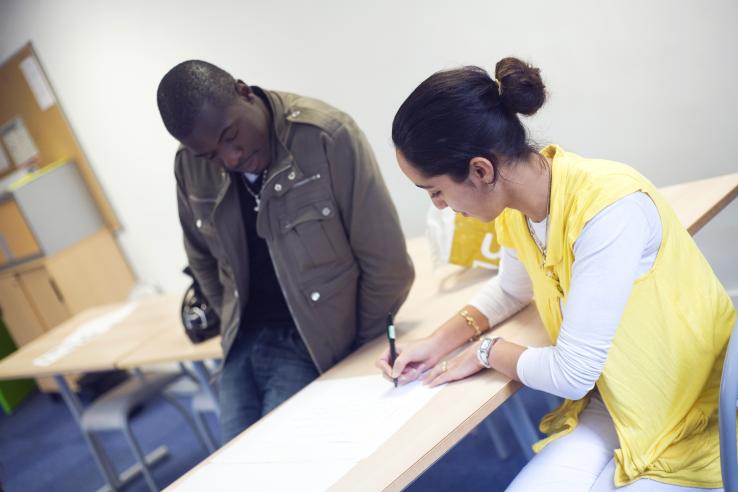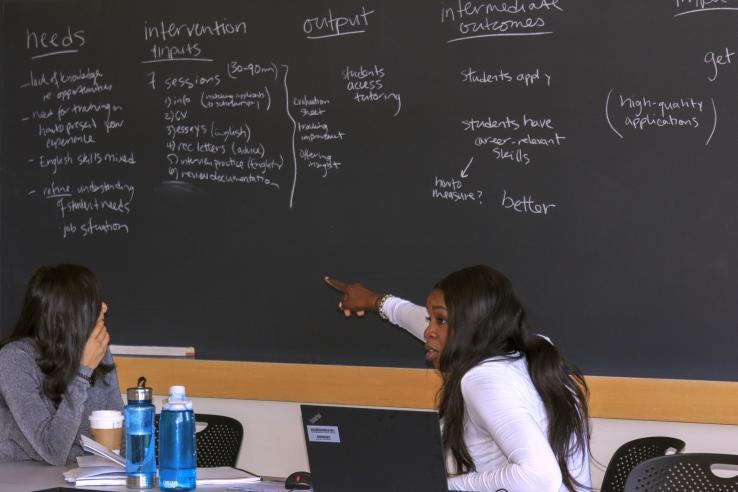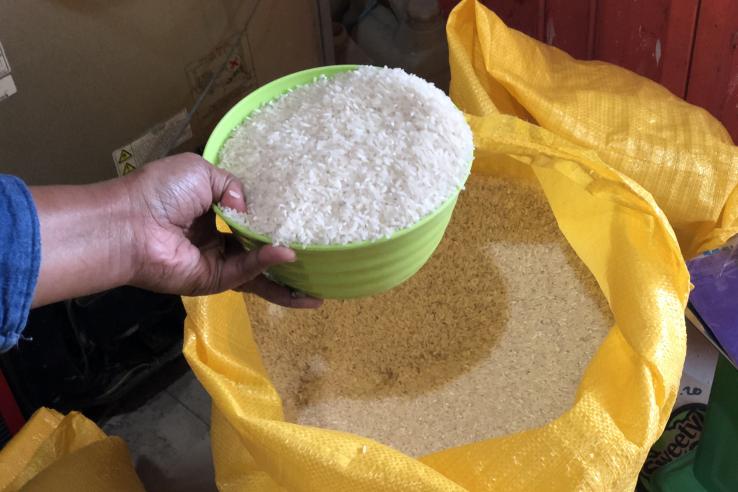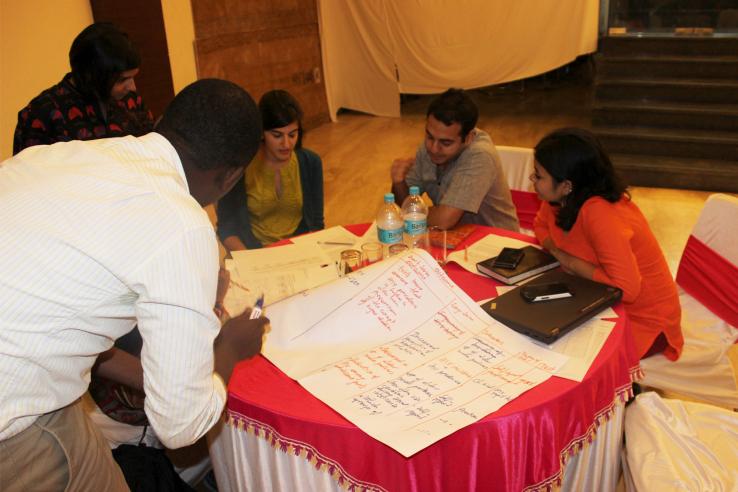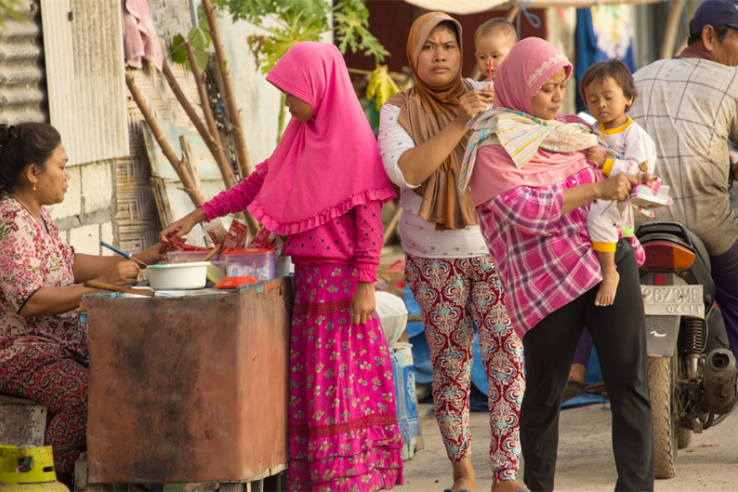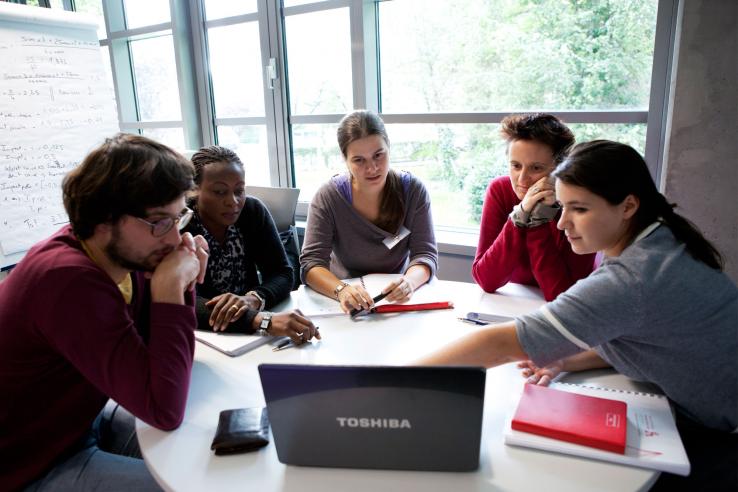Displaying 76 - 90 of 8061
Event
Este curso entregará los conceptos fundamentales para entender en qué consisten las evaluaciones de impacto aleatorizadas, por qué son importantes, cómo se diseñan e implementan, y cómo usar sus resultados.
Event
The Teaching at the Right Level webinar series will continue with its fifth installment on Tuesday, December 11, at 8:00 AM ET. This session will focus on Adapting the TaRL approach to different contexts. Presenters will discuss how TaRL was adapted for Zambia and Botswana and share their experience...
Event
The theme of the third annual convening is Building Evidence, Advancing Policy, Impacting Lives #BuildAdvanceImpact. Over the course of two days, panel and breakout sessions will demonstrate how rigorous evidence can help state and local governments shape policy to improve the lives of the people...
Event
J-PAL Global is hosting an informational webinar on December 12 from 2:00 - 3:00 PM ET for those interested in J-PAL positions. The presentation will provide an overview of J-PAL, examples of the type of work we do, and a description of our recruitment process and open positions with a Q&A portion...
Event
On March 26, J-PAL Europe launched the European Social Inclusion Initiative—a new research and policy initiative aiming to generate and disseminate lessons on which programs can help foster the inclusion of migrants and refugees in Europe. More than 200 leading researchers and representatives of...
Event
J-PAL Africa is offering a five-day course on Evaluating Social Programs in Cape Town, South Africa from July 29 to August 2, 2019. The course will provide a thorough understanding of randomized evaluations and pragmatic step-by-step training on how to conduct an evaluation.
Event
The European Social Inclusion Initiative (ESII) is a multi-year research initiative that aims to generate new evidence and share emerging lessons for programs and policies seeking to foster the social inclusion of migrants and refugees.
